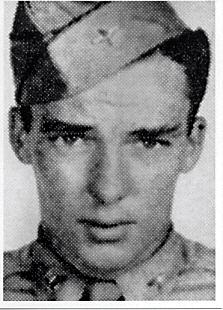Every disaster offers lessons, and the Malibu fire of November 8, 2018 offers many.
Robert Kerbeck has written the definitive study of those lessons in his book Malibu Burning: The Real Story Behind LA's Most Devastating Wildfire.
Having lost our house to fire, I identify with most of the lessons he states, even if ours was an individual loss and his book follows the burn of over 1,000 residences.
Prepared Citizens can Save their Homes
You Are on Your Own
"A surfer buddy, Tim, once told me what gear to by for the inevitable wildfire. A lifelong local, Tim had also warned me that there would be no firefighters when the time came, that if I wanted to save my place I would need to stay and fight for it myself. Being from Philadelphia, I couldn't imagine firefighters not showing up. I wasn't sure I believed him, but it couldn't imagine firefighter not showing up. I wasn't sure I believed him, but it couldn't hurt to be prepared. He explained that the hydrant water would run out, so it was essential that I have a pump and my own water source." Page 2.
Basically, you are on your own. Firefights choose what fires they will try to put out on their own. Sheriff's follow their superiors orders. The Federal Emergency Management Agency shows up weeks after the event.
Authorities Often Issue Contradictory Commands during a Disaster
In Chapter 9, Shelter in Place, Kerbeck explains how the fire chiefs and sheriff's were recommending that the students at Pepperdine University evacuate while the leadership of the school insisted the students shelter in place.
As you might imagine, these contradictory message resulted in many students driving away in their car fleeing the fire while others remained behind as the fire passed over them.
These contradictory messages happen in all natural disasters when the various layers of government (local, state, and federal) and agencies within each issue differing orders for what to do.
Firefighters Work for their Superiors, Not You
"The group laid out the hose and hooked it to the hydrant on the ocean side of the highway. The four-inch hose was heavy even without water, but once it was filled it required Ryder and six or seven others just to move it around. Simeon manned the nozzle and blasted the flames on the ocean side, putting most of them out. The men then focused on knocking down the fire on the land side. As they did, at least twenty engines drove past. Occasionally, they ran over the hoses in the middle of the highway but they never stopped. Finally, Ryder flagged one engine down. The captain in the passenger seat rolled down his window, flashed a thumbs up sign, and took off. The message was clear. the group of men - the Paradise Cove - were on their own." Page 123
Many other citizens of Malibu requested and begged firefighters to protect their homes from the spread of the fire. Kerbeck documents that in almost every case of this request, the firefighters refused to roll down a window and simply drove away.
As shocking as this behavior was for most citizens of Malibu, they do not understand that those firefighters follow the orders of their chiefs who told them not to engage in front line firefights but to avoid engaging until the fire passed.








